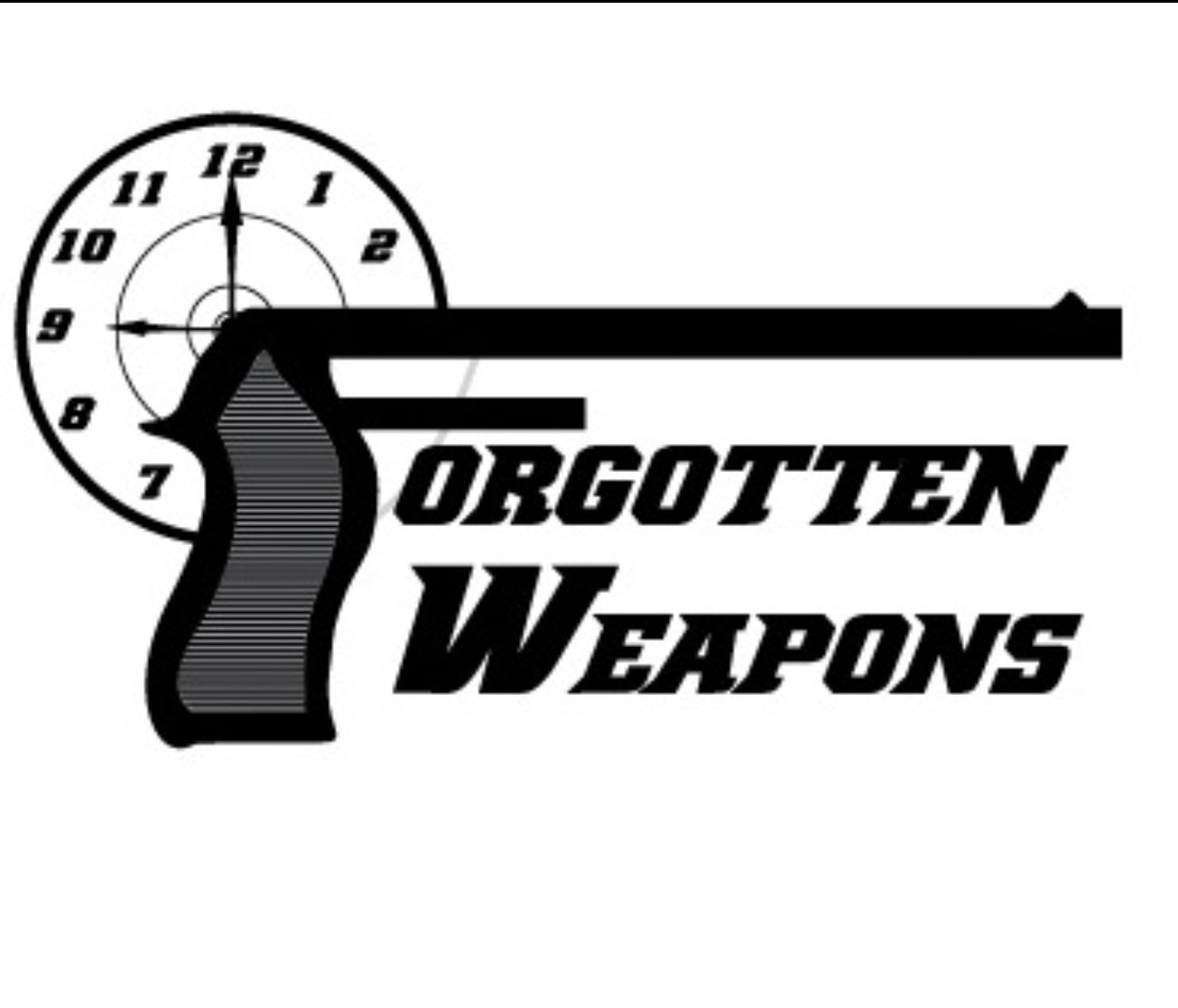- cross-posted to:
- antiwork
- cross-posted to:
- antiwork
In the 1920s an increasing number of corporations were acquiring machine guns for labor relations related reasons. Deterring striking employees.
Did you know that the Peters company made ammunition specifically for riot control for the Thompson submachine gun in the 1920s? And it wasn’t rubber bullets, either – it was paper-wrapped snakeshot. The cartridges were actually longer than a standard magazine would accept, necessitating the production of a special longer magazine to fit them. That magazine would hold 18 rounds, and was specially marked as such…
… At about 8 feet it made a pattern about 18 inches in diameter (from a rifled Tommy Gun barrel), and did not cycle the action… the proper way to use this ammo for crowd control: fire it into the pavement in front of the crowd, allowing it to ricochet up into the crowd at a lower velocity. It would be less lethal that way, but still a great way to lose an eye!
Ian’s video: [5:30] https://youtu.be/ud3Csq6568k?si=
Old Popular Mechanics article that mentions this type of ammo.


I like to imagine an irate magnate of industry enraged by fairly reasonable requests.
“Sick pay?! Why the hell would I pay someone to get sick?! What’s next do they want every Sunday off too?”
“Johnson get the riot ammo. Teach those union thugs nobody messes with Carnegie Steel!”
Frick*
Henry Clay Frick, whom he told to break the strike however he had to, while Carnegie hid in Great Britain, and publicly “supported” unionization.
TIL, I just picked a random monopoly and presumed they’d have done something like that.
There’s a good reason that Carnegie and Rockefeller hid from the public and had bodyguards. It took their PR campaigns almost 100 years for the public to forget their actual legacies